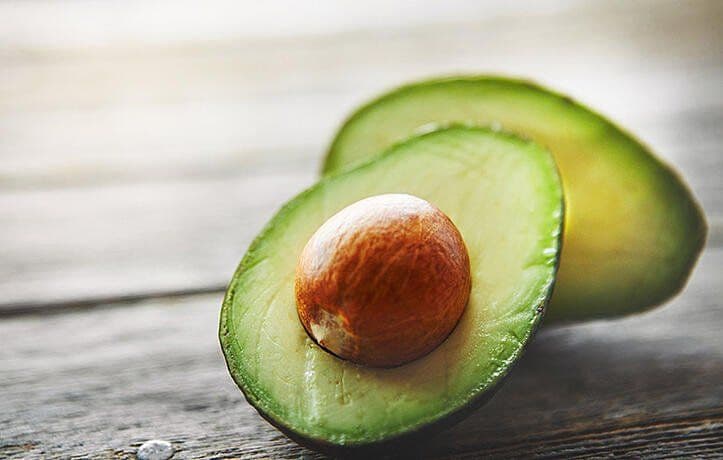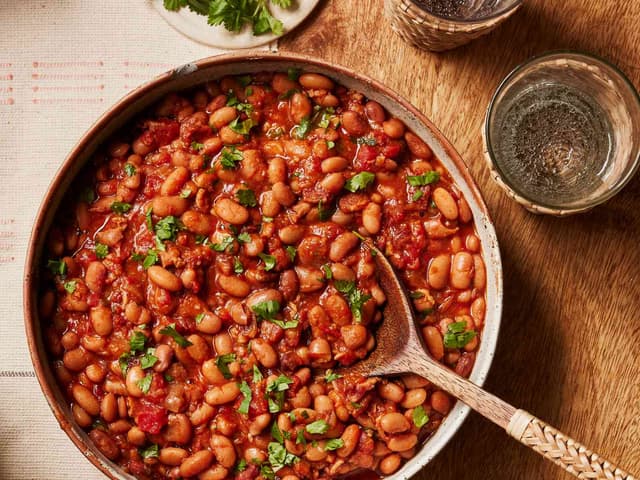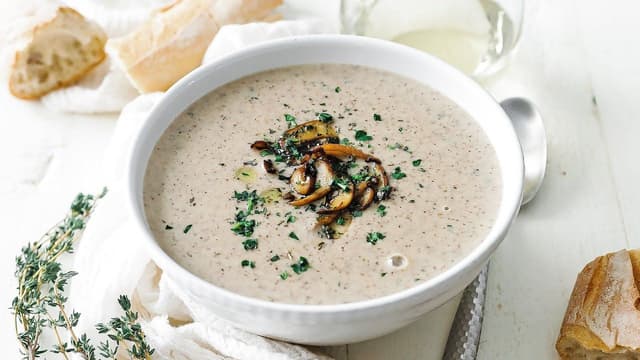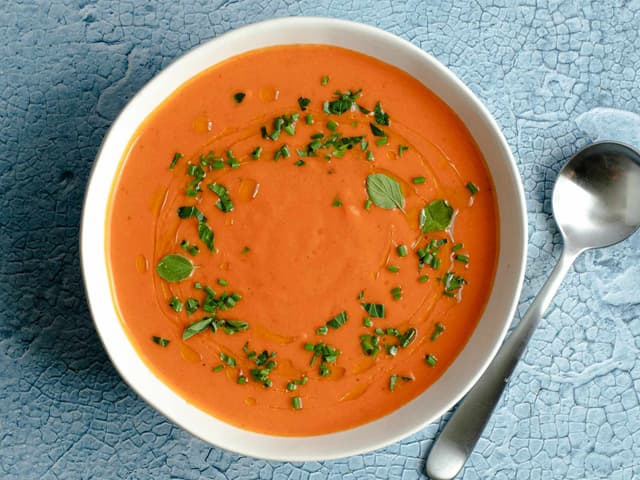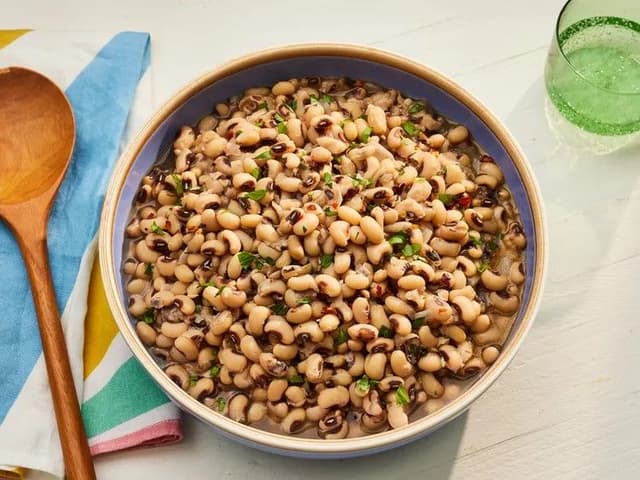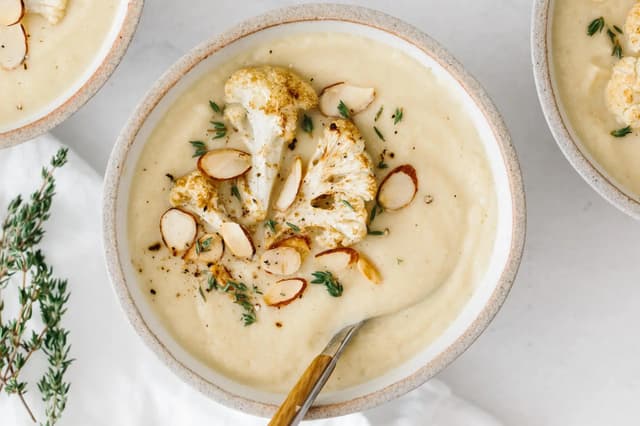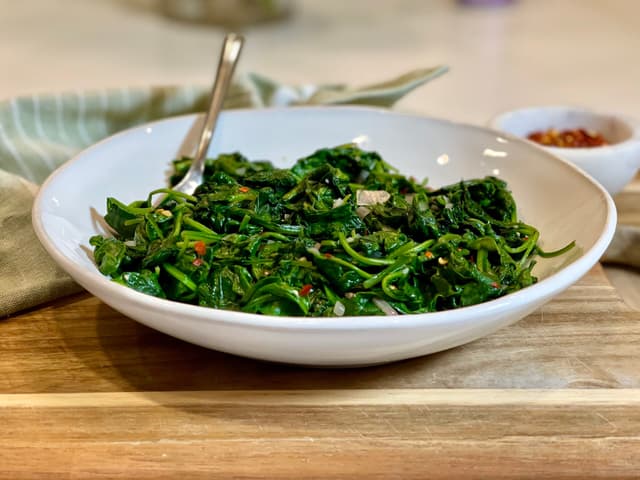Introduction
Avocados have become a staple in the American diet, with consumption soaring by 600% from 1989 to 2020. This surge is driven by increased availability, cultural influences, and growing awareness of avocado nutrition facts. Avocados are celebrated for their rich content of healthy monounsaturated fats, fiber, potassium, and vitamins E, C, and K. These nutrients support heart health, aid digestion, and provide powerful antioxidants, making avocados a popular choice among health-conscious consumers.
The rise in avocado popularity is also tied to shifting dietary trends and the demand for functional foods with added health benefits. As the U.S. imports over 2.48 billion pounds of avocados annually, mostly from Mexico, the fruit’s year-round accessibility has further fueled its integration into everyday meals. With their impressive nutritional profile and versatility, avocados are now recognized as a superfood and a key component of modern, balanced diets.
What Makes Avocados So Special?
The avocado (Persea americana) possesses a unique combination of characteristics that sets it apart from other foods and underpins its broad appeal. Understanding these intrinsic qualities is key to appreciating its role in cuisine and nutrition.
Botanically, the avocado is a fruit—specifically, a large, single-seeded berry. This classification often surprises consumers, as its savory flavor profile and culinary applications lead many to consider it a vegetable. It belongs to the Lauraceae family, sharing a botanical heritage with aromatic plants like cinnamon and bay laurel. This botanical identity is more than just trivia; it explains its unusual composition. Unlike most fruits, which are high in carbohydrates and sugars, the avocado's primary macronutrient is fat, giving it a nutritional profile that is unique in the plant kingdom.
The most celebrated attribute of the avocado is its distinctive texture and flavor. The flesh, when ripe, is exceptionally creamy, smooth, and buttery, with a rich yet mild nutty taste. This luxurious mouthfeel is a direct result of its high concentration of healthy oils, which can constitute up to 25% of the flesh in some varieties. Its historical nickname, the "alligator pear," pays homage to another key physical trait: the bumpy, leathery, dark green or black skin of the common Hass variety, which resembles that of an alligator. The modern name "avocado" is an English adaptation of the Spanish aguacate, which itself derives from the Nahuatl (Aztec) word ahuacatl.
This combination of a creamy texture and a relatively neutral flavor profile makes the avocado incredibly versatile in the kitchen. It can be the star of a dish, as in guacamole, or a supporting player that adds richness and depth. Its versatility spans the culinary spectrum, from savory applications like salads, sandwiches, and tacos to unexpected sweet uses in smoothies, ice creams, and even chocolate mousse. This adaptability allows it to be seamlessly integrated into breakfast, lunch, dinner, and dessert, a key reason for its widespread adoption.

Deconstructing the Avocado: A Nutritional Powerhouse
The foundation of the avocado's "superfood" status lies in its dense and unique nutritional composition. A standard serving provides a wealth of heart-healthy fats, dietary fiber, and a wide array of essential vitamins and minerals, all within a low-sugar, cholesterol-free package. This section provides a detailed, evidence-based analysis of the avocado's nutritional profile based on the USDA-recognized serving size.

Essential Nutrition Profile (Per 50g Serving)
The official serving size for an avocado is one-third of a medium fruit, which equates to 50 grams (g). This modest portion packs a significant nutritional punch, delivering 80 calories and contributing nearly 20 different vitamins and minerals. The table below offers a comprehensive summary of the key nutrients found in a standard 50g serving, compiled from multiple nutritional databases.
| Nutrient | Amount per 50g Serving | % Daily Value (DV) |
|---|---|---|
| Calories | 80 | N/A |
| Total Fat | 7-8 g | 9-10% |
| Monounsaturated Fat | 5 g | N/A |
| Polyunsaturated Fat | 1 g | N/A |
| Saturated Fat | 1 g | 5% |
| Cholesterol | 0 mg | 0% |
| Sodium | 0-3 mg | 0% |
| Total Carbohydrates | 4 g | 1% |
| Dietary Fiber | 3 g | 11-12% |
| Total Sugars | <1 g | N/A |
| Protein | 1 g | 2% |
| Pantothenic Acid (B5) | 0.7 mg | 15% |
| Folate (B9) | 45 mcg | 10-11% |
| Vitamin K | 10-11 mcg | 9-10% |
| Copper | 0.1 mg | 10-11% |
| Vitamin B6 | 0.1 mg | 10% |
| Riboflavin (B2) | 0.1 mg | 8% |
| Vitamin E | 1 mg | 6-7% |
| Niacin (B3) | 1.0 mg | 6% |
| Vitamin C | 4-5 mg | 4-6% |
| Potassium | 250 mg | 5-6% |
| Magnesium | 14 mg | 4% |
| Manganese | 0.1 mg | 4% |
The Power of Good Fats: More Than Just Calories
The defining characteristic of the avocado's nutritional identity is its fat content. While most fruits are primarily composed of carbohydrates, over 75% of an avocado's calories are derived from fat. Crucially, this fat is predominantly the "good" kind. A 50g serving contains 5g of monounsaturated fatty acids (MUFAs), primarily in the form of oleic acid, the same heart-healthy fat found in olive oil.
The health implications of this are significant. Decades of research have shown that replacing saturated and trans fats in the diet with unsaturated fats, like the MUFAs in avocados, can lead to a reduction in low-density lipoprotein (LDL) cholesterol levels. Since high LDL cholesterol is a major risk factor for atherosclerosis (the buildup of plaque in arteries), this dietary swap directly supports cardiovascular health and may lower the risk of heart disease and stroke.
This unique macronutrient composition—high in healthy fats, low in sugar, and free of sodium and cholesterol—makes the avocado particularly well-suited to address modern health concerns and dietary trends. Its profile aligns perfectly with the principles of various popular eating patterns, including lower-carbohydrate and ketogenic diets, which prioritize healthy fats over sugars and refined starches. Furthermore, as one of the highest-fat plant foods, it serves as a vital source of calories and richness in vegan and vegetarian diets, which might otherwise lack these components. This adaptability to diverse health-conscious lifestyles is a key element of its widespread appeal.

The Unexpected Health Perks of Avocados
While the primary nutritional components of avocados—healthy fats and fiber—are well-known, a deeper look reveals synergistic benefits that elevate the fruit beyond the sum of its parts. The avocado acts as a dietary catalyst, enhances nutrient status in surprising ways, and provides compounds crucial for long-term health, from vision to mood.

- The Nutrient Booster Effect
Perhaps the most remarkable and least-known benefit of the avocado is its ability to enhance the nutritional value of an entire meal. This phenomenon is known as the "nutrient booster" effect. Many essential nutrients, including fat-soluble vitamins (A, D, E, and K) and a class of powerful antioxidants called carotenoids (such as beta-carotene, alpha-carotene, and lycopene), require the presence of dietary fat for proper absorption by the body. The problem is that many of the foods richest in these nutrients—such as carrots, tomatoes, sweet potatoes, and dark leafy greens—are naturally low in or free of fat, which can significantly limit the body's ability to utilize these vital compounds.
This is where the avocado plays a catalytic role. By adding avocado and its healthy fats to a meal, the absorption of these fat-soluble nutrients from other foods in the meal is dramatically increased. The science supporting this is compelling. A study from Ohio State University found that when participants ate avocado with a tomato-based sauce, their bodies absorbed 2.4 times more beta-carotene and converted 4.6 times more of it into active vitamin A compared to eating the sauce alone. The results were even more pronounced with carrots; adding avocado increased the absorption of alpha-carotene by 4.8 times and beta-carotene by a staggering 6.6 times, while boosting the conversion to vitamin A by over 12-fold. Another study published in The Journal of Nutrition found that adding half an avocado to a salad increased the absorption of alpha-carotene by 8 times, beta-carotene by 13 times, and lutein by 4 times from the salad's other ingredients.
This reframes the avocado's dietary purpose. It is not merely a source of its own nutrients but an enabler that unlocks the full potential of other healthy foods on the plate. The simple act of adding sliced avocado to a salad or a scoop of guacamole to a salsa is no longer just a choice for flavor or texture; it is a scientifically-backed strategy to maximize the nutritional yield of the entire meal.
- Potassium Powerhouse: More Than a Banana
The banana has long been the poster child for potassium, but the avocado quietly surpasses it in this crucial mineral. While a medium banana contains between 422 mg and 487 mg of potassium, a single medium avocado can provide up to 975 mg—more than double the amount. Even a standard 50g serving of avocado delivers 250 mg of potassium, making it a more concentrated source than its yellow counterpart.
This is significant because potassium is an essential mineral and electrolyte that plays a vital role in maintaining the body's fluid balance, supporting normal nerve function, and enabling muscle contractions. Its most critical function is in regulating blood pressure. Potassium helps to counteract the blood pressure-raising effects of sodium, making it a cornerstone of heart-healthy diets like the DASH (Dietary Approaches to Stop Hypertension) diet. Given that most Americans consume too much sodium and not enough potassium, the avocado serves as a delicious and effective way to help close this nutritional gap.
- A Vision for the Future: Protecting Your Eyes
Avocados are a rich source of two specific carotenoids: lutein and zeaxanthin. These powerful phytochemicals are unique in that they accumulate in high concentrations in the macula of the human eye. Here, they serve a protective function, acting as natural antioxidants and filtering harmful high-energy blue and ultraviolet (UV) light, much like internal sunglasses.
This protective shield is believed to help reduce the risk of developing age-related macular degeneration (AMD), a leading cause of irreversible vision loss in older adults. By regularly consuming foods rich in lutein and zeaxanthin, such as avocados, individuals can support the long-term health of their eyes and help preserve their vision as they age.
- Fuel for Brain, Mood, and Healthy Pregnancy
The benefits of avocados extend to cognitive and developmental health, largely due to their folate content. Folate, also known as vitamin B9, is essential for healthy cell growth and function. A 50g serving of avocado provides 45 mcg of folate, which is 10-11% of the Daily Value.
This nutrient is particularly important for mental and emotional well-being. Research has shown a link between low folate levels and an increased risk of depression. Folate plays a role in preventing the buildup of a compound called homocysteine in the blood. Elevated homocysteine levels can impair circulation and hinder the delivery of nutrients to the brain, which can interfere with the production of crucial mood-regulating neurotransmitters like serotonin, dopamine, and norepinephrine.
Folate is also critically important during pregnancy. Adequate intake before and during pregnancy is vital for healthy fetal development and significantly reduces the risk of neural tube defects, which are serious birth defects of the brain and spine. The combination of folate and healthy fatty acids makes avocado an excellent food for supporting both maternal health and fetal development.
Bringing Avocados to Your Table: A Practical Guide
Understanding the nutritional science of avocados is the first step; the next is to joyfully incorporate them into daily life. This section provides a host of creative and simple culinary ideas to move beyond basic guacamole, along with memorable trivia to share at the dinner table.

Creative and Easy Ways to Enjoy Avocados
Avocados' creamy texture and mild flavor make them a versatile ingredient that can enhance a wide variety of dishes. Here are some easy ways to add them to your diet:
- As a Creamy Base: Blend a quarter of an avocado into your morning smoothie for an incredibly luscious texture and a boost of healthy fats and fiber that will keep you full until lunch. For a healthy dessert, use avocado as the base for a rich and decadent chocolate mousse or pudding; its flavor is masked by the cocoa, but its creaminess shines through. You can also create velvety, dairy-free pasta sauces by blending avocado with herbs, garlic, and lemon juice.
- As a Healthy Fat Substitute: Elevate your baking by using mashed avocado in place of butter, shortening, or oil in recipes for muffins, brownies, and quick breads. This swap reduces saturated fat while adding nutrients and moisture. Give your classic salads a creamy upgrade by replacing mayonnaise with mashed avocado in tuna, chicken, or egg salad preparations.
- For a Better Breakfast: Move beyond a simple slice on toast. Create a heartier breakfast by mashing avocado with chopped hard-boiled eggs for a protein-packed spread. Gently fold diced avocado into scrambled eggs during the last minute of cooking for creamy pockets of flavor. For a simple and elegant meal, crack an egg into the hollow of an avocado half and bake until the white is set.
- In Salads and Bowls: Add generous chunks of avocado to any green salad. The creaminess provides a satisfying contrast to crisp lettuce and crunchy vegetables, while the healthy fats and fiber make the salad a more filling and complete meal. Avocados are also a perfect addition to grain bowls, pairing well with quinoa, brown rice, beans, and roasted vegetables.
- Grilled or Fried for a Twist: For a unique side dish at your next barbecue, halve and pit avocados, brush them with oil and lime juice, and grill them cut-side down for 2-3 minutes until lightly charred. For a healthier alternative to French fries, cut an avocado into wedges, coat them in breadcrumbs, and bake until golden and crispy to make "avocado fries".
- In Dips, Toppings, and Spreads: While guacamole is a classic for a reason, mashed avocado can also be used as a simple, healthy spread on sandwiches and burgers in place of mayonnaise. A dollop of diced or mashed avocado is an excellent topping for a bowl of chili, tacos, or a baked potato, adding a cool, creamy element to balance spice and heat.
Fun Avocado Facts
Impress your friends and family with these quirky and interesting tidbits about the world's favorite green fruit:
- A Patient Fruit: Avocados have a unique ripening process. They do not ripen on the tree; they only begin to soften after being harvested. This allows them to be stored on the branch for months, ensuring a year-round supply.
- Prehistoric Partnership: The avocado's large seed is considered an "evolutionary anachronism." It co-evolved with giant ground sloths and other prehistoric megafauna, which would eat the fruit whole and disperse the undigested seed miles away. After these animals went extinct, humans took over the job of cultivation.
- What's in a Name?: The word "avocado" originates from the Aztec (Nahuatl) word ahuacatl. Early English speakers, misinterpreting its Spanish name aguacate and noting its bumpy skin, dubbed it the "alligator pear".
- Celebrity Cultivators: Avocado farming has some famous fans. Actors Tom Selleck and Jamie Foxx are both California avocado growers.
- The Super Bowl Staple: Americans consume an astonishing amount of avocados on Super Bowl Sunday—over 70 million pounds, enough to cover a football field with guacamole more than 20 feet deep.
- Kitchen Hacks: To speed up the ripening of a rock-hard avocado, place it in a brown paper bag with a banana or an apple. The ethylene gas released by the other fruit will accelerate the process.
- A Surprising Dye: Don't throw away the pit and skins! When boiled in water, they release tannins that create a beautiful, natural pink or peach-colored dye, perfect for fabrics.
A Smart, Delicious Choice for a Balanced Diet
The avocado has become a staple of healthy, modern diets thanks to its impressive nutrient profile and versatility. Rich in heart-healthy monounsaturated fats and dietary fiber, it supports cardiovascular health, aids digestion, and helps keep you feeling full. Beyond its own nutrients, avocado acts as a "nutrient booster," enhancing the absorption of vitamins and antioxidants from other foods. Its combination of essential vitamins, minerals, and healthy fats makes it an exceptionally smart and delicious choice. Whether enjoyed on toast, in salads, or as a creamy addition to smoothies, avocado’s culinary flexibility is unmatched. Embracing this green fruit is a simple and rewarding way to elevate both the taste and nutrition of your meals.
Frequently Asked Questions
Q: How much avocado should I eat in a day?
A: Most people can enjoy ½ to one whole avocado daily as part of a balanced diet. Avocados provide healthy fats, but variety in fat sources is important. If you have digestive issues like IBS, try limiting to 1/8 of an avocado per serving.
Q: How can I tell if an avocado is ripe?
A: A ripe avocado yields to gentle pressure and feels slightly soft, not mushy. Hass avocados turn from bright green to dark, purplish-black when ripe. If it’s hard, let it ripen at room temperature; if mushy, it’s likely overripe.
Q: How do I stop my cut avocado or guacamole from turning brown?
A: Press plastic wrap directly onto guacamole or brush cut avocado with lemon or lime juice, then store in an airtight container. These methods slow oxidation and keep your avocado looking fresh longer.
Q: Can I freeze avocados?
A: Yes, you can freeze avocados, but the texture will change, making them best for blending or mashing. Peel, pit, and puree or chunk the avocado with some lemon or lime juice, then freeze in an airtight container.
Works cited
- Holy Guacamole: U.S. Avocado Imports Soar Ahead of Super Bowl - The Food Institute, accessed June 27, 2025, https://foodinstitute.com/focus/holy-guacamole-u-s-avocado-imports-soar-ahead-of-super-bowl/
- U.S. avocado demand is climbing steadily - USDA Economic Research Service, accessed June 27, 2025, https://ers.usda.gov/data-products/charts-of-note/chart-detail?chartId=98071
- An Overview of the Avocado Market in the United States - UF/IFAS EDIS, accessed June 27, 2025, https://edis.ifas.ufl.edu/publication/FE1150
- Current situation of the fresh avocado market in the US - ProducePay, accessed June 27, 2025, https://producepay.com/blog/fresh-avocado-market-us/
- Global Avocado Boom - Choices Magazine, accessed June 27, 2025, https://www.choicesmagazine.org/choices-magazine/submitted-articles/global-avocado-boom
- NYC Avocados: 2025 Market Trends and Import Challenges | Valley View Produce, accessed June 27, 2025, https://www.vvproduce.com/the-us-avocado-market-in-2022-domestic-production-and-import-challenges/
- Avocado - Wikipedia, accessed June 27, 2025, https://en.wikipedia.org/wiki/Avocado
- Avocado fun facts - Markas, accessed June 27, 2025, https://www.markas.com/en/avocado-fun-facts--1-1901.html
- Avocados - The Nutrition Source, accessed June 27, 2025, https://nutritionsource.hsph.harvard.edu/avocados/
- Avocado | Description, Types, History, Uses, & Facts - Britannica, accessed June 27, 2025, https://www.britannica.com/plant/avocado
- Trivia Time: 10 Things You Didn't Know About Avocados, accessed June 27, 2025, https://avocadosfrommexico.com/blog/nutrition/10-things-didnt-know-avocados-mexico/
- 10 Fun Facts About Avocados - The Avolution, accessed June 27, 2025, https://theavolution.com.au/blog/10-fun-facts-about-avocados/
- 54 Avocado Recipes for Every Meal - Love and Lemons, accessed June 27, 2025, https://www.loveandlemons.com/avocado-recipes/
- Avocado Nutrition Facts and Benefits - California Avocados, accessed June 27, 2025, https://californiaavocado.com/nutrition/avocado-nutrition-facts/
- Avocado Nutrition Facts and Health Benefits - Love One Today, accessed June 27, 2025, https://loveonetoday.com/nutrition/avocado-nutrition-facts-label/
- Avocado Nutrition FAQ - Love One Today, accessed June 27, 2025, https://loveonetoday.com/nutrition/avocado-nutrition-faq/
- 50 Grams Of Avocados Nutrition Facts - Eat This Much, accessed June 27, 2025, https://www.eatthismuch.com/calories/avocados-1334?a=0.24875621890547264%3A0
- The Avocado: 40 Fun Facts About This Fantastic Fruit - Thistle, accessed June 27, 2025, https://www.thistle.co/learn/thistle-thoughts/avocado-fun-facts
- 5 Surprising Health Benefits of Avocados: Food Network | Food ..., accessed June 27, 2025, https://www.foodnetwork.com/healthyeats/recipes/2014/12/5-surprising-health-benefits-of-avocados
- Health benefits of eating avocado | HCA Midwest Health, accessed June 27, 2025, https://www.hcamidwest.com/healthy-living/blog/health-benefits-of-eating-avocado
- 13 Surprising Facts About Avocados - Taste of Home, accessed June 27, 2025, https://www.tasteofhome.com/article/13-surprising-facts-about-avocados/
- Everything You Need to Know About Avocados - WebMD, accessed June 27, 2025, https://www.webmd.com/food-recipes/all-about-avocados
- 12 Proven Health Benefits of Avocado: A Nutrient-Rich Superfood - Fastandup, accessed June 27, 2025, https://www.fastandup.in/nutrition-world/health-benefits-of-avocado/
- 12 health benefits of avocado - MedicalNewsToday, accessed June 27, 2025, https://www.medicalnewstoday.com/articles/270406
- Amazing Health Benefits of Avocado You Need to Know | PharmEasy, accessed June 27, 2025, https://pharmeasy.in/blog/10-amazing-health-benefits-of-the-avocado/
- docs.bartonccc.edu, accessed June 27, 2025, https://docs.bartonccc.edu/stuservices/student-life/health-services/health-tips/health-avocado-boost-nutrient-absorption.pdf
- Ohio State Research: Fat in Avocado Helps Body Absorb, Convert ..., accessed June 27, 2025, https://cfaes.osu.edu/news/articles/ohio-state-research-fat-in-avocado-helps-body-absorb-convert-vitamin-nutrients
- 17 Foods That Have More Potassium Than a Banana for Better ..., accessed June 27, 2025, https://www.verywellhealth.com/foods-with-more-potassium-than-a-banana-11719064
- Foods That Pack More Potassium Than a Banana - MedicineNet, accessed June 27, 2025, https://www.medicinenet.com/foods_that_pack_more_potassium_than_a_banana/article.htm
- 23 Delicious Ways to Eat an Avocado - Healthline, accessed June 27, 2025, https://www.healthline.com/nutrition/23-ways-to-eat-avocados
- How to Eat Avocado 24 Delicious Ways - Martha Stewart, accessed June 27, 2025, https://www.marthastewart.com/how-to-eat-avocado-8674456
- 18 Brilliant Ways to Eat More Avocado - The Kitchn, accessed June 27, 2025, https://www.thekitchn.com/18-brilliant-ways-to-eat-more-avocado-236047
- Top 10 Amazing Facts About Avocados - Grangetto's Farm & Garden Supply, accessed June 27, 2025, https://grangettos.com/blogs/edible-gardening/top-10-amazing-facts-about-avocados
- Avocado Recipe & Fun Facts | Glazer Children's Museum, accessed June 27, 2025, https://glazermuseum.org/avocado/
- Can You Eat Too Much Avocado? - Cleveland Clinic Health Essentials, accessed June 27, 2025, https://health.clevelandclinic.org/can-you-eat-too-much-avocado
- What Happens to Your Body When You Eat Avocado Every Day - EatingWell, accessed June 27, 2025, https://www.eatingwell.com/article/8026117/avocados-benefits/
- Eating an Avocado Every Day May Improve Your Sleep and Cholesterol Levels, accessed June 27, 2025, https://www.verywellhealth.com/daily-avocado-study-11757017
- Frequently Asked Avocado Questions - Black Spots Inside Avocado, accessed June 27, 2025, https://loveonetoday.com/avocado-how-to/faqs-avocado/
- Frequently asked questions - New Zealand Avocado, accessed June 27, 2025, https://www.nzavocado.co.nz/frequently-asked-questions/
- 10 Fun Facts About Avocados! - One Hundred Dollars a Month, accessed June 27, 2025, https://www.onehundreddollarsamonth.com/10-fun-facts-about-avocados/
- Avocado nutrition: calories, carbs, GI, protein, fiber, fats - Foodstruct, accessed June 27, 2025, https://foodstruct.com/food/avocado
